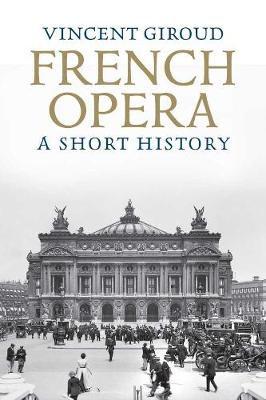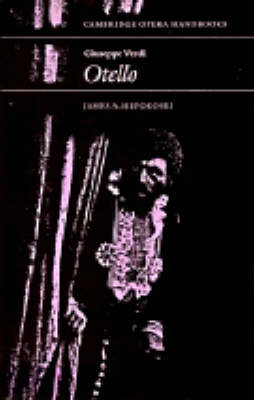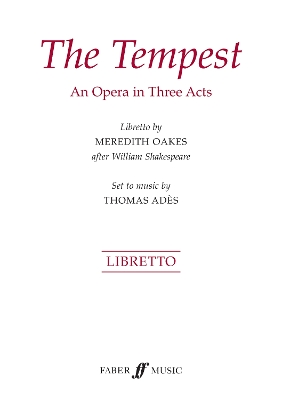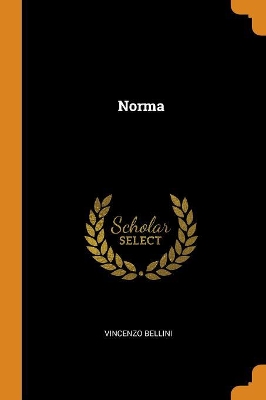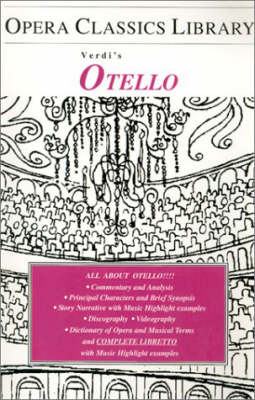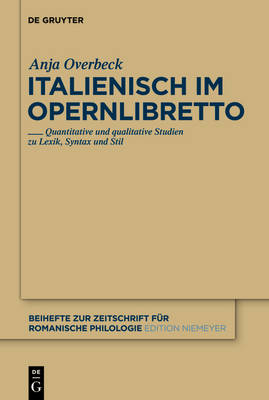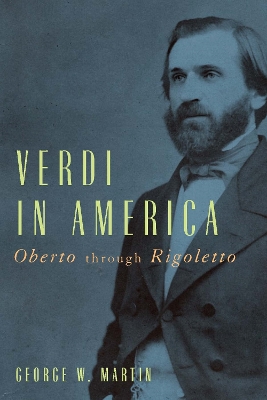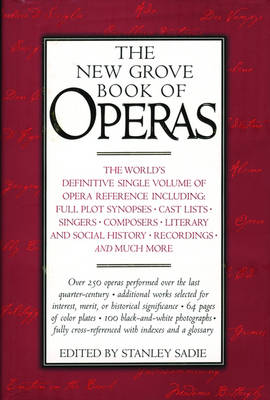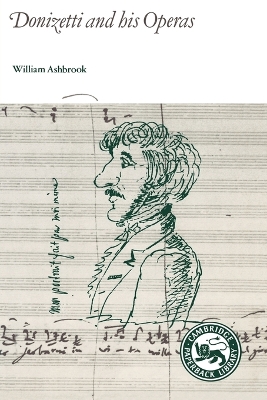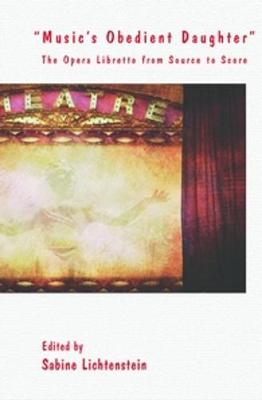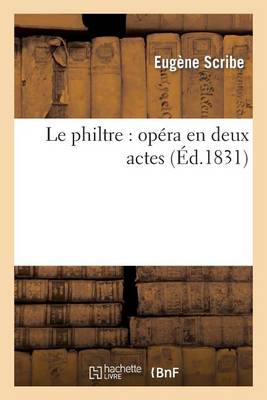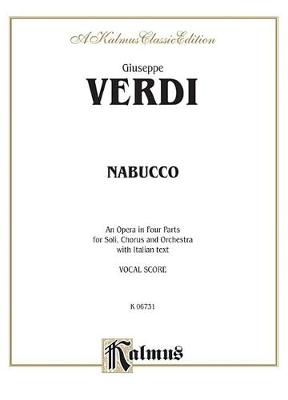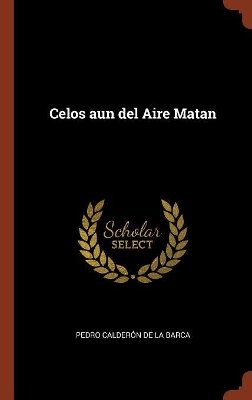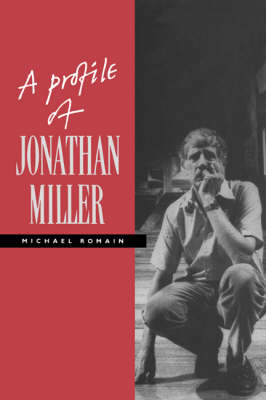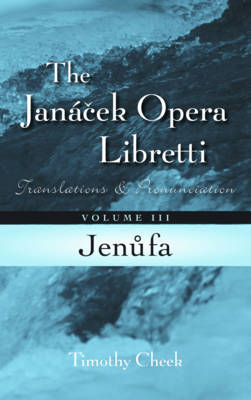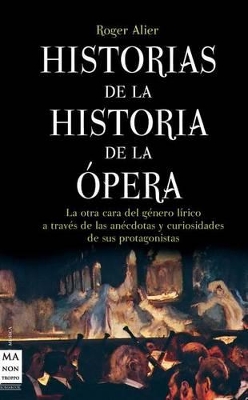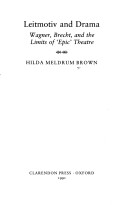French opera is second only to Italian opera in the length, breadth, and diversity of its history. Yet most people, if asked to come up with titles, could mention only a handful of titles—Carmen, Faust, Pelleas et Melisande, Samson et Dalila—a small list for an operatic tradition that began in the seventeenth century and is still very much alive. This book provides a full, single-volume account of opera in France from its origins to the present day. Vincent Giroud looks at the leading composer...
James Hepokoski provides a reliable summary of what is currently known about Otello, along with an interpretation of the significance of the work within Verdi's career. The book begins with a detailed synopsis which interweaves some of the specific stage action from the 1887 Milanese premiere. There follows a close consideration of how the opera was actually written: Arrigo Boito's derivation of the libretto from Shakespeare and the subsequent textual revisions; Verdi's composition of the opera...
With The Tempest Thomas Ades composed one of most striking and successful opera of recent years. From the turbulent orchestral prelude with which it begins to Ariel's stratospheric yet ethereal 'Five fathoms deep' and the radiant quintet of reconciliation in its final act, its composer conjures up a wholly compelling musical world. Responding to librettist Meredith Oake's clear, unfussy refashioning of Shakespeare into formalised rhyme schemes, Ades has created a new kind of tonal language that...
Norma (Libretti d'Opera, #12) (Overture Opera Guides)
by Vincenzo Bellini
Mimomania (California Studies in 19th-Century Music, #13)
by Mary Ann Smart
When Nietzsche dubbed Richard Wagner 'the most enthusiastic mimomaniac' ever to exist, he was objecting to a hollowness he felt in the music, a crowding out of any true dramatic impulse by extravagant poses and constant nervous movements. Mary Ann Smart suspects that Nietzsche may have seen and heard more than he realized. In "Mimomania" she takes his accusation as an invitation to listen to Wagner's music - and that of several of his near-contemporaries - for the way it serves to intensify the...
Renowned music historian Philipp Spitta has written that "of all the German musicians of the 19th century, none has exercised a greater influence over his own generation and that succeeding it than Weber." Spitta's statement reflects Weber's popularity at the end of the nineteenth 19th century-both for his place as a foundational figure of German Romantic opera and for his role in the early German Nationalist movement in music. Indeed, Weber's Der Freischutz is still considered the first German...
Italienisch im Opernlibretto (Beihefte zur Zeitschrift fur Romanische Philologie)
by Anja Overbeck
The book series Beihefte zur Zeitschrift fur romanische Philologie, founded by Gustav Groeber in 1905, is among the most renowned publications in Romance Studies. It covers the entire field of Romance linguistics, including the national languages as well as the lesser studied Romance languages. The editors welcome submissions of high-quality monographs and collected volumes on all areas of linguistic research, on medieval literature and on textual criticism. The publication languages of the s...
The operas of Giuseppe Verdi stand at the center of today's operatic repertoire, and have done so for more than a century. The story of how the reputation and wide appeal of these operas spread from Western Europe throughout the world has long needed to be told. This latest book by noted Verdi authority George W. Martin, Verdi in America: Oberto through Rigoletto, specifically details the changing fortunes of Verdi's early operas in the theaters andconcert halls of the United States. Among the...
New Grove Book Operas
Available now, for the first time, is this single volume of opera reference with selections carefully extracted from the classic four-volume set of The New Grove Dictionary of Opera--the most comprehensive dictionary of opera in the world. The New Grove Book of Operas presents the most popular entries from the four-volume encyclopedia and combines the meticulous Grove scholarship with a lightness of touch and readability that will delight any opera-goer. The selections have been made by editor a...
This new imprint is established to publish in paperback for an individual readership the Press's most outstanding original monographs. These are titles that would normally appear only in hardback editions for specialists, but whose quality and general academic importance justify their special promotion in this prestige imprint. The series will include both new and recent titles drawn from the whole range of the Press's very substantial publishing programs in the humanities and social sciences,...
"Music's Obedient Daughter" (Textxet: Studies in Comparative Literature, #74)
A libretto is an indispensable part of an opera as a musical genre: with few exceptions, operas have been the subject of musicological studies, and instrumental versions of sung or unsung opera numbers may be heard, but we never listen to libretto texts being performed without the music. Thus as a literary form the libretto is a highly specific genre with its own particular attributes. This volume offers an approach to the libretto through the discussion of these attributes in many different exa...
W. A. Mozart: Die Entfuhrung aus dem Serail (Cambridge Opera Handbooks)
by Thomas Bauman
This addition to the Cambridge Opera Handbooks series is also the first full-length study of Mozart's Die Entfuhrung aus dem Serail. It aims to familiarize the reader with all aspect of the work: Mozart's writing of the opera and its literary antecedents, its plot, its musical structure, its reception and performance history. The reader will find much that is new in Thomas Bauman's study. He discusses the opera in relation to other Oriental operas, in the light of eighteenth-centruy apprehension...
A Profile of Jonathan Miller
Jonathan Miller is one of the most important and prolific directors of theatre and opera today. Written with Miller's full cooperation and with access to rehearsals, this is the first book to explore his work in depth. Michael Romain examines this significant theatrical career through a series of interviews with Miller and his collaborators. It is rare that a director is willing or able to discuss his craft and rarer still to find colleagues who can recount their impressions of rehearsals and pr...
Jenufa (Janacek Opera Libretti Series, Volume 3)
by University Timothy Cheek
Wagner and Brecht are seemingly opposed in their approach to drama, music and visual representation, the former believing in the integration of these different elements in the "Gesamtkunstwerk", the other in their separation. However, they share common ground in their sophisticated use of leitmotivic networks, a bridging device for Wagner who builds onto its verbal and semantic foundations a unique and complex musical language. Both use the device to "explain" and "evaluate" a dramatic action as...
